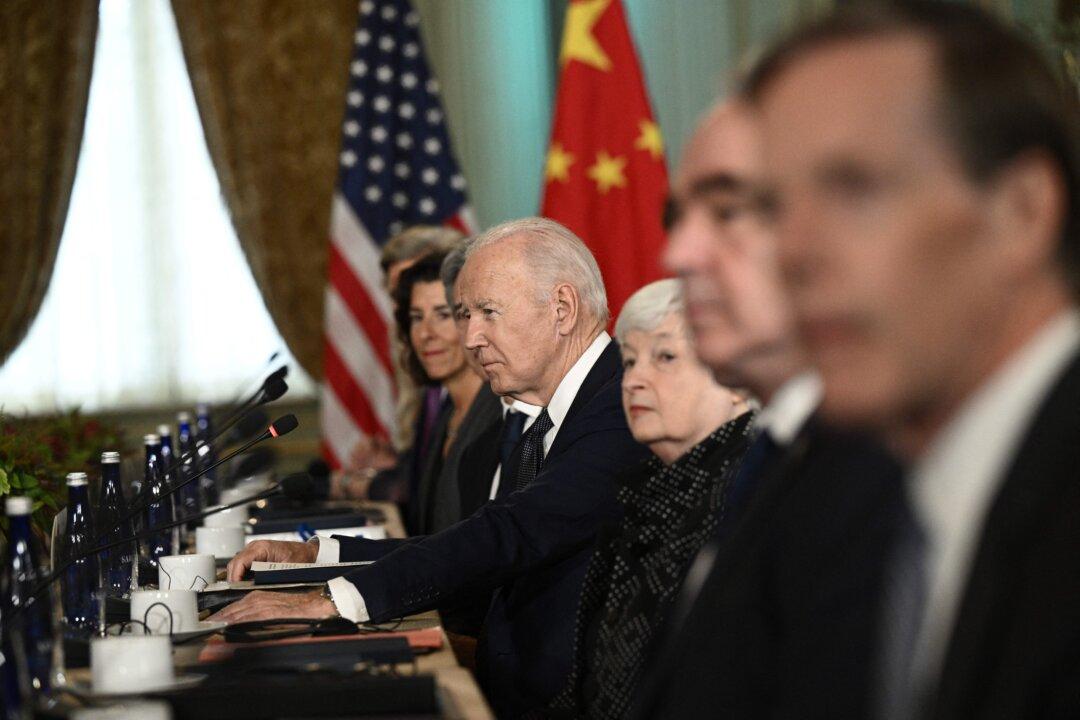Commentary
The Biden administration hopes that this week’s meetings with Chinese Communist Party (CCP) leader Xi Jinping will help “normalize” relations between the two countries.

The Biden administration hopes that this week’s meetings with Chinese Communist Party (CCP) leader Xi Jinping will help “normalize” relations between the two countries.